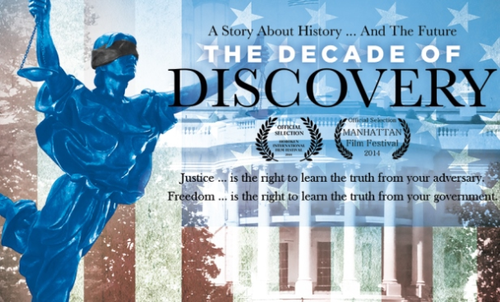Court Agrees with Defendants that Producing Medical Records in Native Form is an “Undue Burden” – eDiscovery Case Law
Court Agrees with Defendants that Producing Medical Records in Native Form is an “Undue Burden” – eDiscovery Case Law https://cloudnine.com/wp-content/themes/cloudnine/images/empty/thumbnail.jpg 150 150 CloudNine https://cloudnine.com/wp-content/themes/cloudnine/images/empty/thumbnail.jpg
In Peterson v. Matlock, New Jersey Magistrate Judge Douglas E. Arpert denied the plaintiffs motion to compel defendants to produce the plaintiff’s electronically stored medical records in “native readable format” after the defendants produced the records in PDF format, agreeing that the defendants had demonstrated that they would suffer an undue burden in complying with the plaintiff’s request.
read more






